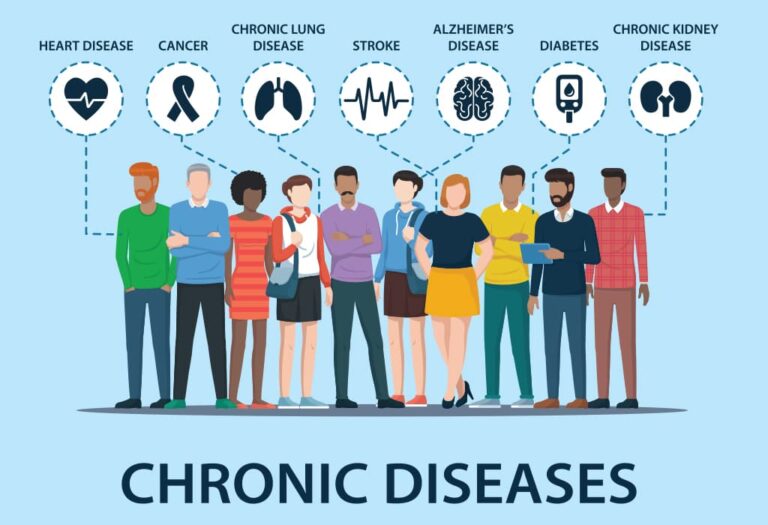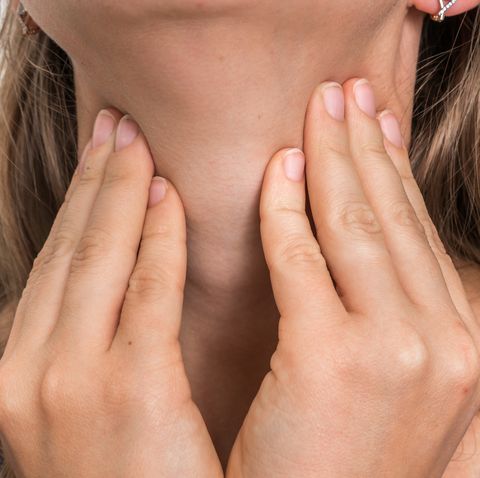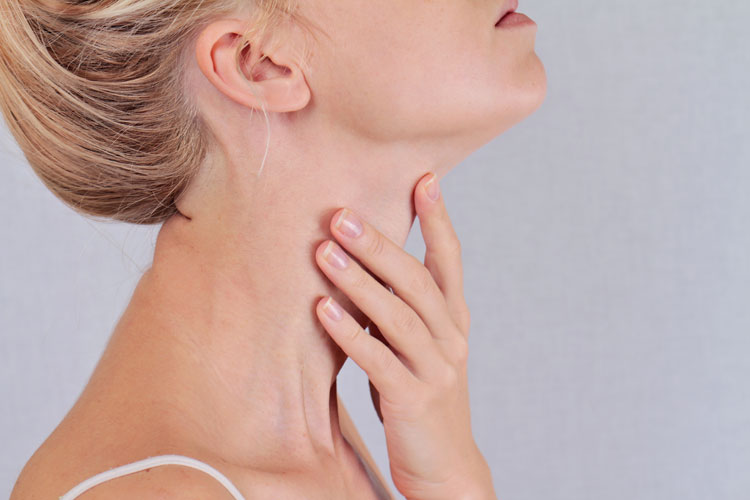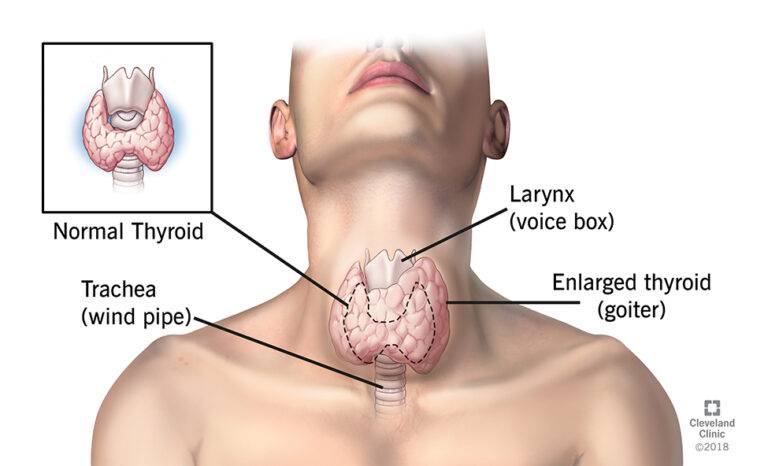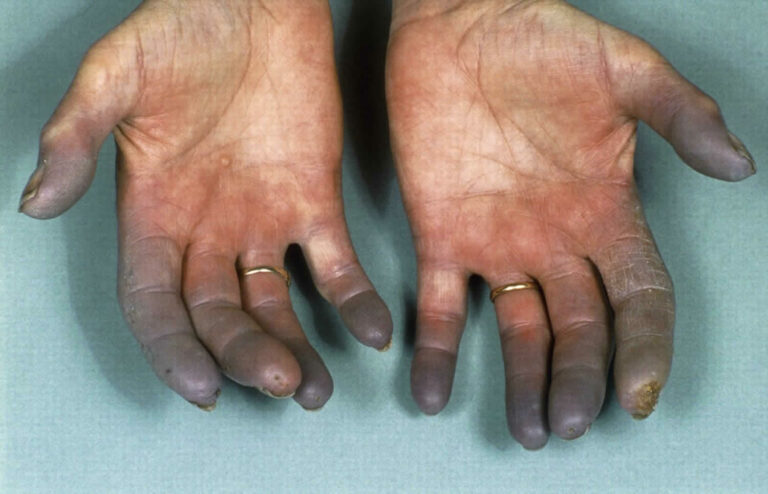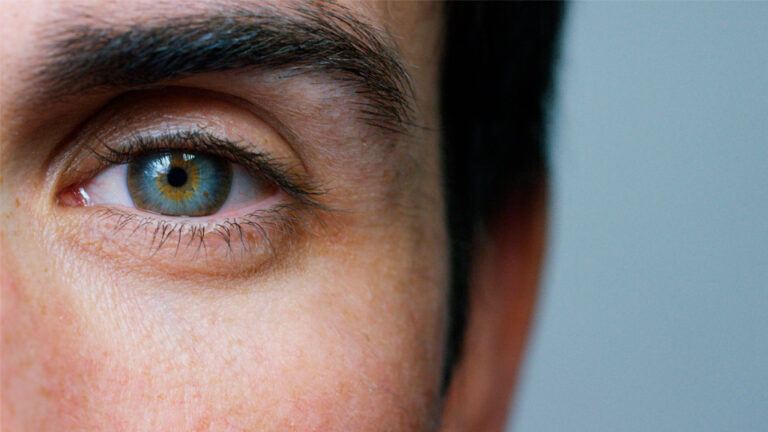Hashimoto’s disease: Symptoms, Causes, and Treatments
Author: Rose Stella
Rose Stella
Category: Health
Hashimoto’s disease is also known as Hashimoto’s thyroiditis, chronic lymphocytic thyroiditis, and chronic autoimmune thyroiditis. It is an autoimmune condition that affects the thyroid gland. In addition, it is an autoimmune condition is a disease in which the immune system attacks healthy tissues. Immune cells in Hashimoto’s disease cause the thyroid’s hormone- producing cells to die. The condition usually causes a decrease in hormone production (hypothyroidism). Hypothyroidism is a condition in which the thyroid does not produce enough hormones to meet the body’s requirements
The thyroid gland is a butterfly-shaped gland near the base of the neck, directly below Adam’s apple. The thyroid gland generates hormones that aid in the regulation of various bodily functions and metabolism. This includes your heart rate and the pace at which your body burns calories from the foods you consume
Although Hashimoto’s disease can affect anyone, it is most common among middle-aged women. Thyroid hormone replacement therapy is the major treatment.
In addition, Hashimoto’s disease, also known as Hashimoto’s thyroiditis, is named after Japanese physician Hakaru Hashimoto (1881-1934). He is a professor at Kyushu University’s medical school. Furthermore, he was the first to describe the symptoms of people suffering from struma lymphomatosis, a condition characterized by an intense infiltration of lymphocytes within the thyroid gland.
 Thyroid
Thyroid
Who is more prone to Hashimoto’s disease?
Women are four to ten times more likely than men to have Hashimoto’s disease.
Although the disease can strike teenagers or young women, it most commonly affects women between the ages of 30 and 50. 3 If you have additional family members who have this medical condition, your chances of having it are higher.
In addition, if you have other autoimmune conditions, such as4, you are more prone to develop Hashimoto’s disease. This includes Celiac disease, Sjögren’s syndrome, and Type 1 diabetes.
Celiac disease is a digestive problem that affects the small intestine; lupus is a chronic, or long-term, disorder that can affect many sections of the body; and rheumatoid arthritis is a joint disorder. Sjögren’s syndrome is an illness that causes dry eyes and mouth. Meanwhile, Type 1 diabetes is a disorder in which your blood glucose, often known as blood sugar, is abnormally high.
What are the Symptoms of Hashimoto’s disease?
 Symptoms of Hashimoto’s Disease
Symptoms of Hashimoto’s Disease
Hashimoto’s disease progresses gradually over time. It is possible that you will not notice any indications or symptoms of the condition. Thyroid hormone production reduction can eventually lead to any of the following:
- Tiredness and sluggishness
- Cold sensitivity has increased.
- Increased drowsiness
- Parched skin
- Constipation
- Muscle deterioration
- Aches, soreness, and rigidity in the muscles
- Joint stiffness and discomfort
- Menstrual bleeding that is irregular or profuse
- Depression
- Memory or concentration issues
- Thyroid enlargement (goiter)
- Face puffiness
- Nails that are brittle
- Hair thinning
- Expansion of the tongue
 Hashimoto Disease
Hashimoto Disease
Risk elements of the disease.
There are various risk factors when it comes to this condition. The following are the factors linking to a higher incidence of having the condition:
Sex.
Women are far more prone than men to have this medical condition. There is also an interaction between thyroid hormones and the hormones that fluctuate during the menstrual cycle, which may explain why women are more likely than males to develop thyroid diseases. When it comes to thyroid disorders, can occur at any time, but they are particularly prevalent in women before and after menopause, when hormone levels are fluctuating. Some women may confuse the symptoms of thyroid issues with the signs of menopause, which might prevent them from getting medical attention for their condition.
Age.
Hashimoto’s illness can strike at any age, but it is most frequent in middle life. This disease may come at any stage of life.
Another autoimmune disorder.
If you have another autoimmune condition, such as rheumatoid arthritis, type 1 diabetes, or lupus, you are more likely to acquire this medical condition.
Family history and genetics.
If you have a family history of thyroid issues or other autoimmune diseases, you are more likely to develop Hashimoto’s disease. There were instances wherein you could link this condition to genetics and family history.
Pregnancy.
Changes in the immunological function that occur during pregnancy may play a role in Hashimoto’s disease that develops after pregnancy. Pregnancy is a crucial stage in a women’s life. In addition, there are instances wherein Hashimoto’s disease becomes prevalent during this period.
Excessive iodine consumption.
Too much iodine in the diet may act as a trigger in persons who are already predisposed to Hashimoto’s disease. Having too much Iodine is not beneficial because it could trigger this condition
Exposure to radiation.
There is a higher chance for people who are exposed to high levels of environmental radiation to develop Hashimoto’s disease. This includes people who are undergoing radiation treatments.
 Hashimoto’s Disease Risk Factors
Hashimoto’s Disease Risk Factors
How do doctors determine if a person has Hashimoto’s disease?
Doctors use blood tests to identify Hashimoto’s illness.
A medical history and a physical examination Your doctor will begin by obtaining a medical history and doing a physical examination. In addition to talking about your symptoms, the doctor will examine your neck for a goiter, which can develop in patients with Hashimoto’s disease.
Tests on the blood To rule out hypothyroidism and its causes, your doctor will perform one or more blood tests. Thyroid hormones T4 (thyroxine) and T3 (triiodothyronine) thyroid-Stimulating hormone (TSH) thyroid peroxidase antibodies (TPO), a form of thyroid antibody NIH external link that is found in the majority of persons with Hashimoto’s disease
Other tests are unlikely to be required to confirm that you have Hashimoto’s disease. However, if your doctor suspects Hashimoto’s disease but you don’t have antithyroid antibodies in your blood, you may have a thyroid ultrasound. The ultrasound scans can reveal the size of your thyroid as well as other symptoms of Hashimoto’s disease. Other reasons of an enlarged thyroid, such as thyroid nodulessmall masses in the thyroid glandcan also be ruled out via ultrasound.
Hashimoto’s Thyroiditis Treatments
Although there is no treatment for Hashimoto’s, replacing hormones with medicine can help to control hormone levels and restore normal metabolism.
The pills are available in a variety of strengths. The precise dose prescribed by your doctor will be determined by a number of factors, including age, weight, Hypothyroidism Severity and other health issues






